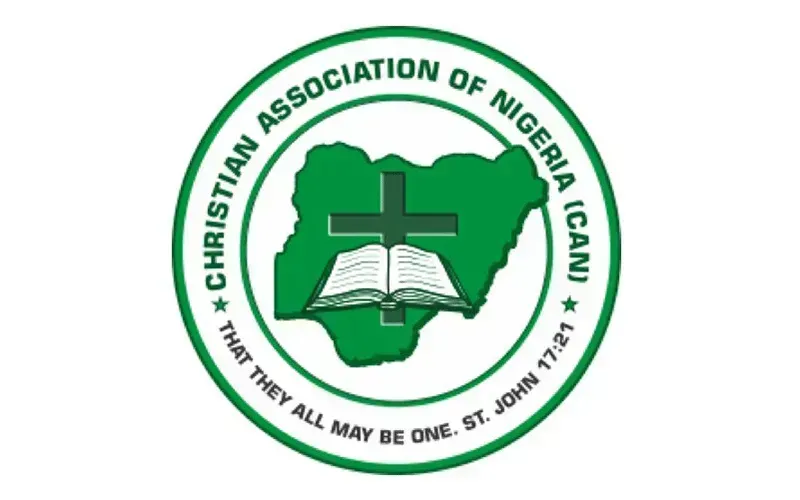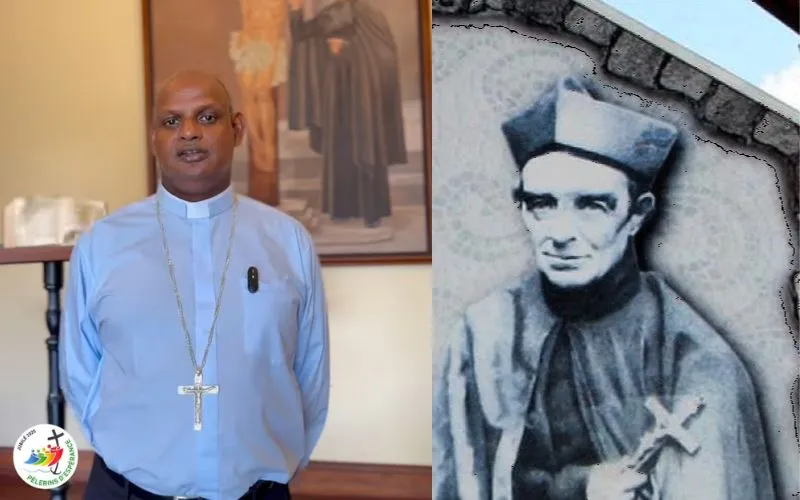Jos, 17 September, 2021 / 9:17 pm (ACI Africa).
The leadership of the Christian Association of Nigeria (CAN) in the country’s Imo State has blamed the education system where children live with their teachers to pursue knowledge in Islam in the Northern part of the nation, Almajiranci, for the prevailing insecurity.
In the Almajiranci, which is practiced in Northern Nigeria, poor parents surrender their parental obligations to an institution where their children are imparted with Islamic knowledge. The children, Almajiri, beg for food to feed themselves and their teachers, Mallams.
“These bandits we find today were the Almajiri who used to be in front of our houses, begging for food,” CAN Chairman in Imo State, Dr. Eches Divine Eches, has been quoted as saying Thursday, September 16.
He adds that the Almajiri “are scattered all over the street, without you knowing that someday, they will leave the streets and go to the bush where they will begin to do the trade of kidnapping.”
“We allowed this thing (insecurity) to continue and it is now going to consume the nation,'' Dr. Eches says, and adds that measures should be taken to ensure the Almajiri are taken off the streets, given a sense of belonging, and helped to realize their potential.








